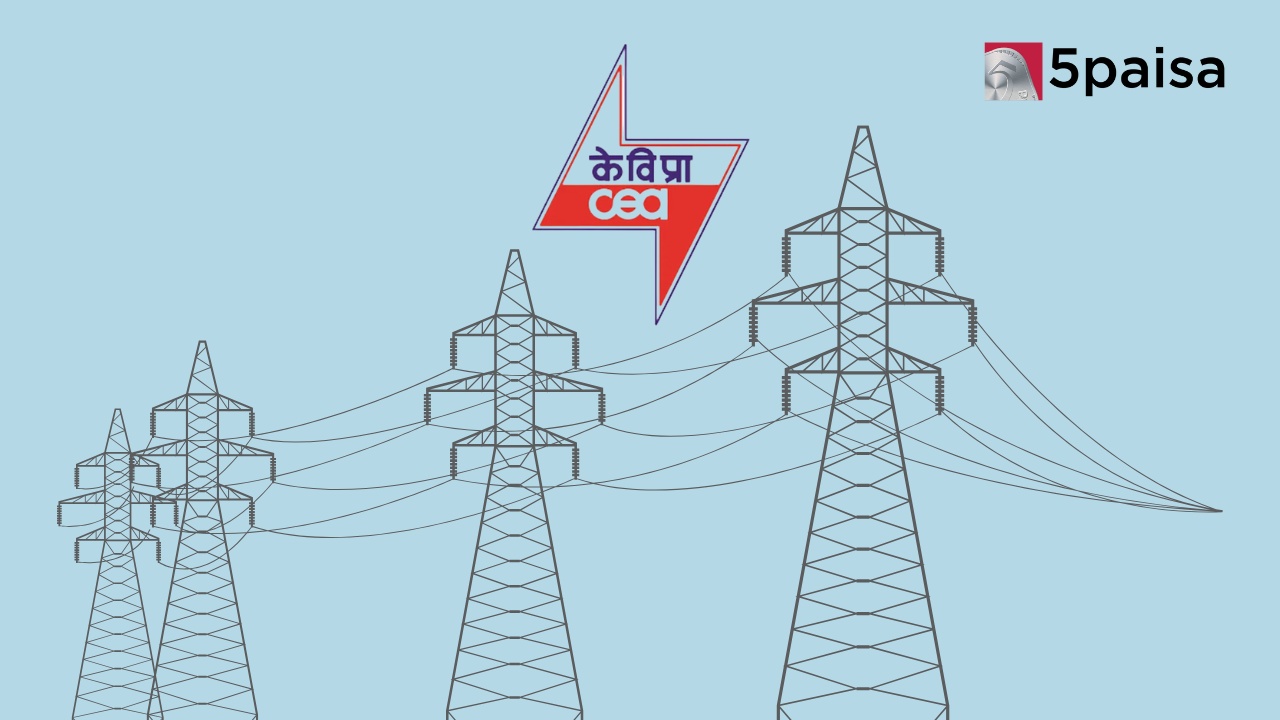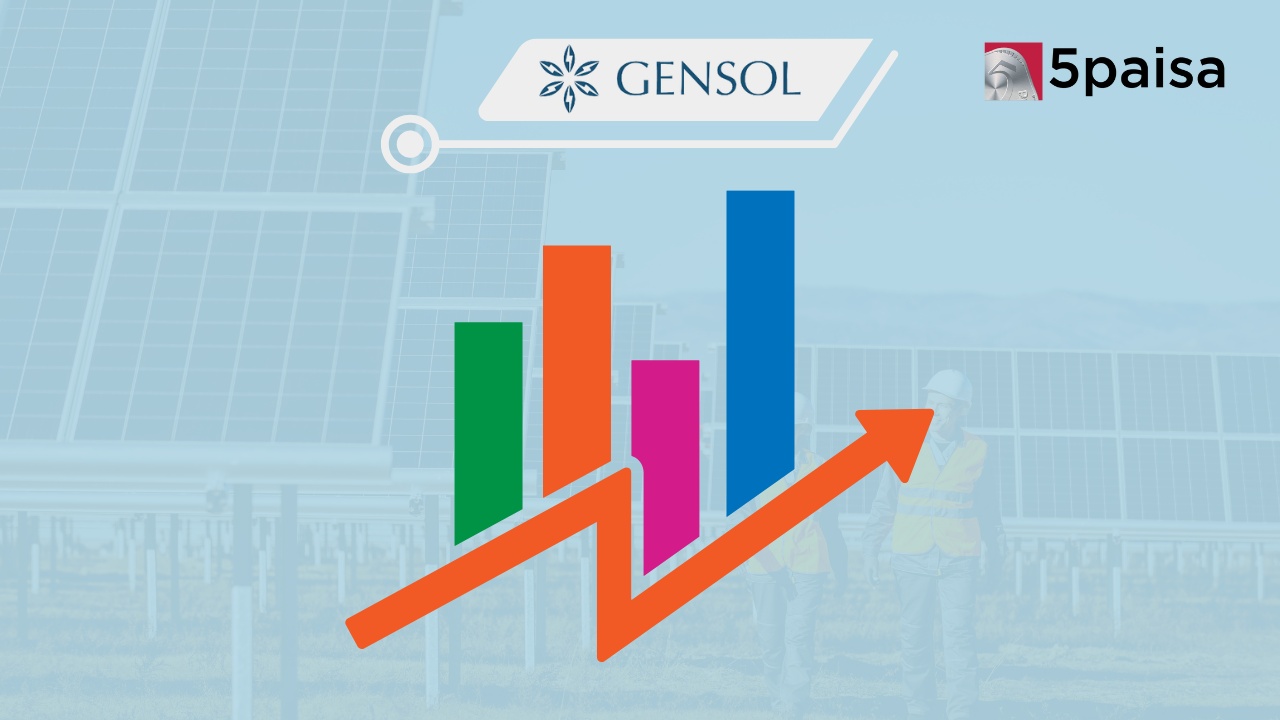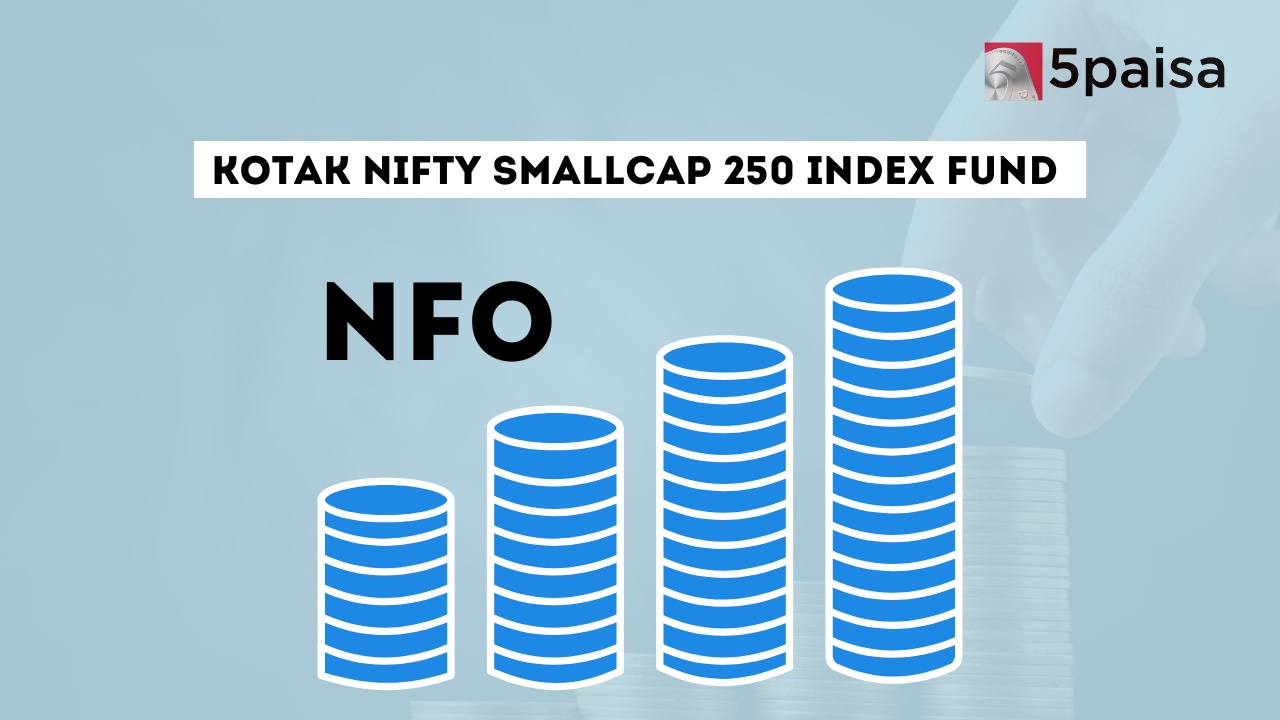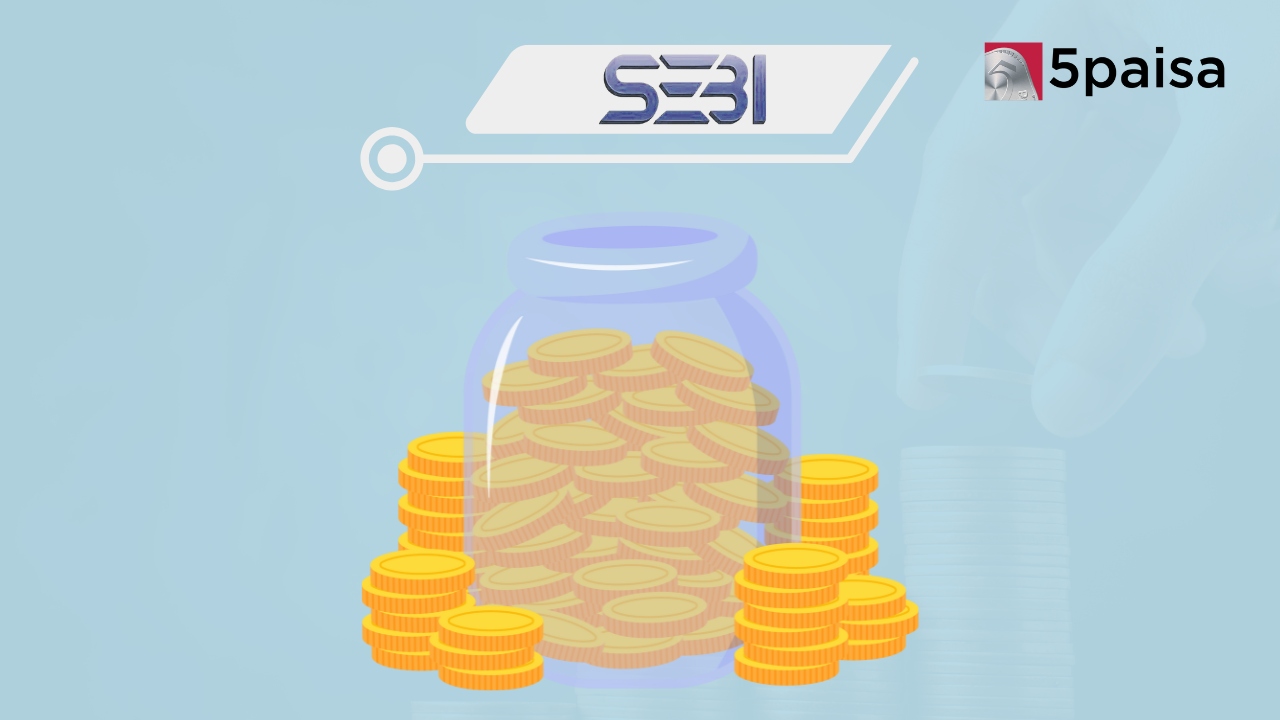India Q2 GDP at 6.3% was better than street expectations

Last Updated: 11th December 2022 - 10:48 am
For the second quarter ended September 2022 (Q2FY23), the GDP of the Indian economy grew at 6.3% YoY. This is sharply lower compared to the 13.5% growth achieved in the first quarter, but that was more due to the base effect. Also, the second quarter had to contend with monetary tightening, fear recession, supply chain constraints and an overall fall in exports. The street estimates had pegged GDP growth in Q2FY23 in the range of 5.7% to 6.0%, with only the RBI estimates pegging the Q2 growth at 6.3%. To that extent, the GDP growth in the second quarter is surely better than the street estimates.
As part of the early estimates, both Reuters and Bloomberg had pegged a best case GDP growth scenario of 6.2%. The actual number was surely better than that. At a broad macro level, it was agriculture that continued to grow at a rapid pace of 4.6% amidst a more favourable MSP regime introduced by the government. Manufacturing faltered but that is understandable since the stress was quite high, domestically and globally. In addition, the service sector, especially the trade, tourism and travel segment grew in double digits and gave a big push to the overall GDP growth for the quarter.
As per the latest data released by MOSPI, manufacturing contracted by -4.3% in the September quarter on the back of rising input costs, higher interest rates and falling export demand. The redemption came largely from the services sector, which grew by 9.3% overall, with the maximum growth traction coming from trade, hotels and tourism, growing in double digits on the back of a sharp recovery in growth. Another measure of growth is gross value added (GVA), which excludes the impact of indirect taxes and subsidies. GVA for the quarter was up by 5.6% on a YoY basis.
The drag on growth is essentially coming from the widening trade deficit and this has been an outcome of fears of recession in developed economies, which has translated into lower exports. It is also expected that the resistance to domestic consumption could also act as a dampener to growth in the coming months amidst rising inflation expectations and higher borrowing costs. A lot will depend from here on how inflation is tamed and brought under control. The latest reading of inflation is at 6.77% and the trend is lower. Also, the way WPI inflation is falling, it gives an indication that overall inflation may fall further. That would be a consumption booster in the coming months.
Let us now look at the macro picture. With Indian economy achieving 6.3% growth in a tough quarter, the outlook for the full year is closer to the range of 7% to 7.3%. That would still make India among the only rapidly growing large economy in the world. The US may have just escaped a recession but the UK and the EU still run the risk of dipping into recession. Above all, neighbouring China is expected to grow in a best case scenario at 3% in 2022, so that still gives Indian economy 400 bps advantage in growth over its closest rival. That is likely to be the big story to watch out for in the GDP space and the 6.3% number has just underlined that FY23 could be much better than expected.
- Flat ₹20 Brokerage
- Next-gen Trading
- Advance Charting
- Actionable Ideas
Trending on 5paisa
01
 5paisa Research Team
5paisa Research Team
06
 5paisa Research Team
5paisa Research Team
Indian Market Related Articles
Disclaimer: Investment in securities market are subject to market risks, read all the related documents carefully before investing. For detailed disclaimer please Click here.




